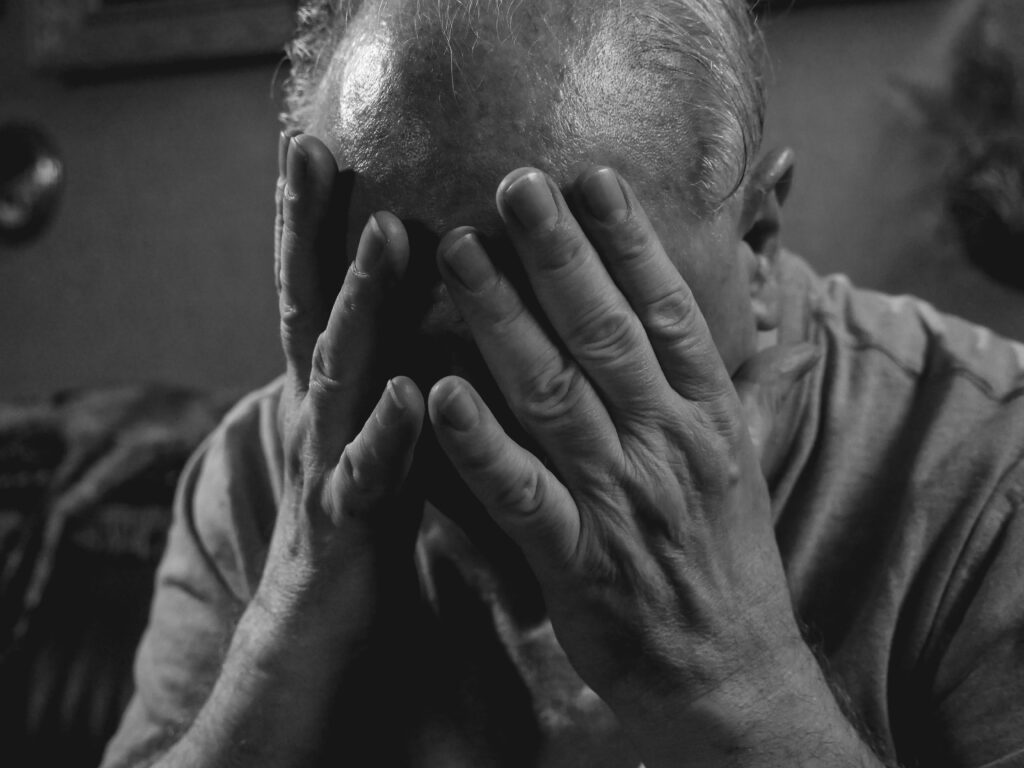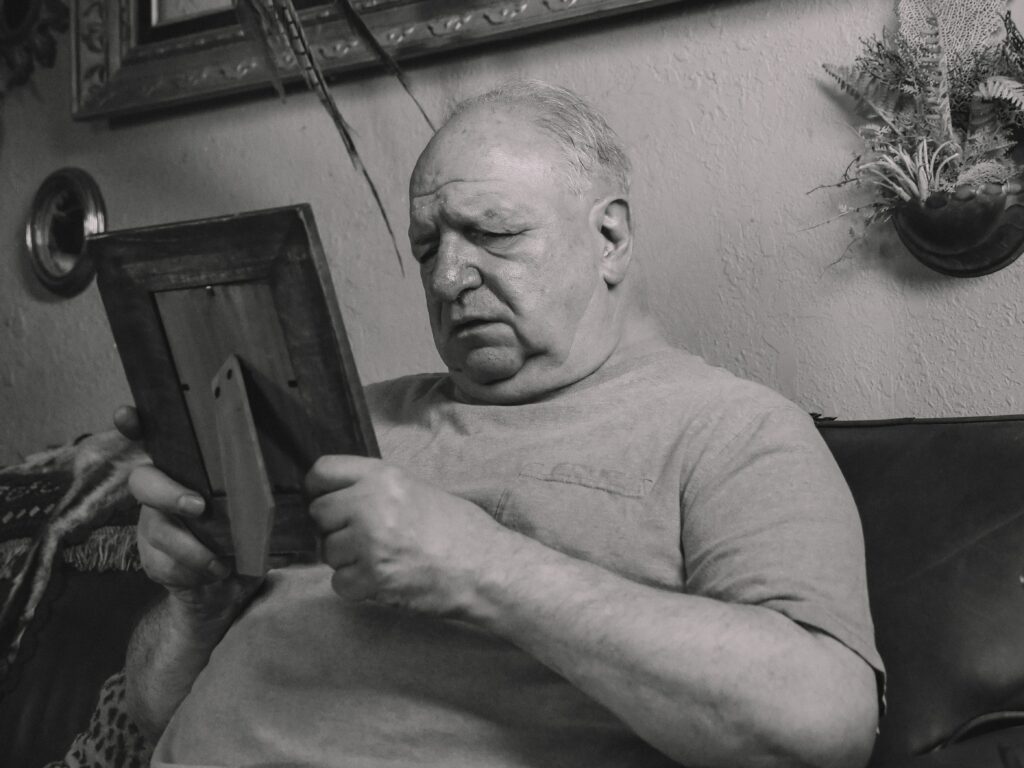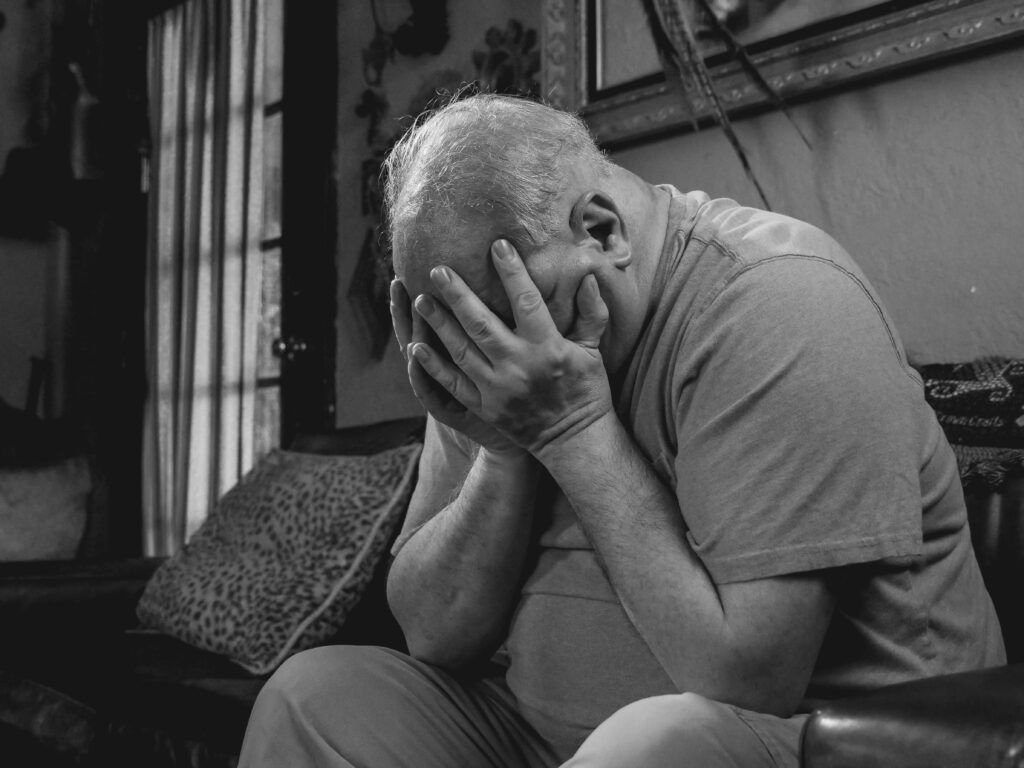Maintaining Mental Health for Older Adults
In today’s contemporary, mobile world, it is crucial to maintain good mental health and seek assistance when necessary to cope with the demands of modern life. However, even minor illnesses like the flu or a cold can worsen and have serious consequences for those aged 60 and above, including concomitant illnesses such as sinusitis, ear infections, pneumonia, and bronchitis. Respiratory diseases can also exacerbate chronic conditions like diabetes or asthma in older adults.
To maintain good health and mobility as we age, it’s important to prioritize self-care and take steps to prevent illnesses and injuries. This can include participating in new hobbies, spending time with family and loved ones, and volunteering.
In this article, we will provide tips and strategies for older adults to maintain their health and mobility and enjoy a high quality of life in their golden years.
Prioritizing Mental Health in Today’s World
Although mental health is an essential component of overall health, it is often a taboo topic that is rarely discussed. This is primarily because mental illnesses have historically been associated with stigma. However, effective treatments are available to help individuals recover from mental health issues, which are quite common.
Unfortunately, stigma often prevents people from seeking help, worsening their conditions and further isolating them. By making it more acceptable for people struggling with mental health issues to seek help, develop coping strategies, and start the healing process, talking about mental health benefits our communities.
It is essential to note that mental health encompasses more than just mental illness. It also involves maintaining a sense of well-being. By promoting mental health awareness, we can help members of our communities maintain good mental health. A community with mentally healthy members fosters a more productive and collaborative environment.
Boosting Psychological Health and Well-being of Older Adults
There are many ways that older adults can improve their mental health and well-being, which can reduce emotional distress, enhance physical health, reduce impairment, and improve overall quality of life for both themselves and their families. Addressing and treating mental health conditions, or taking early preventative measures, can be beneficial. Strong social and psychological support systems that assist older adults in adjusting to changes can also help prevent and manage mental health issues.
It is important to prioritize both your physical and mental health, as they are closely interconnected. Older adults have various options for maintaining their mental health and wellness, and it is important to explore these options. By taking care of your mental health, you can improve your overall health and well-being.
Here are some tips for maintaining good mental health:
- Engage in enjoyable and stress-relieving activities: Hobbies are often overlooked, but they can provide fulfillment and joy. Activities such as sports, art classes, and gardening can bring positivity and excitement to our lives, especially as we age and have more free time.
- Nurture relationships: Strong relationships are essential for good mental health. They are often considered the most significant factor in overall wellness and happiness. Our connections with family, friends, coworkers, or neighbors provide a support system that can help us manage stress and offer support when we need it. Talking to people about our feelings is a proven way to reduce stress.
- Utilize technology to stay connected: Older adults can use technology to stay in touch with loved ones. Sending emails, notes, and photos to friends and family can be a part of their daily routine. Social media platforms such as Facebook can also help the elderly avoid social isolation, particularly when their loved ones live far away.
- Find flow: Flow is a state of being where a person is fully absorbed in an activity, experiencing contentment, and can continue doing it for an extended period. A higher sense of happiness results when the activity’s difficulty level is appropriate, neither too easy nor too challenging.
- Get Enough Sleep: Getting enough sleep is crucial, especially for older persons whose sleep patterns have changed. We become lighter sleepers as we get older, so we need to sleep longer to receive the rest we need. Sleep strengthens memory, helps repair cell damage, and revitalizes the immune system.
- Maintain a routine: This can be challenging for older persons, especially those recovering from COVID-19 or living alone. It is simpler to stick to a schedule when you start with basic measures, such as arranging mealtimes and going to bed at the same time every day. Adapt your daily schedule to include exercise and other activities gradually.
- Take Charge of Your Health: Maintaining physical health is crucial in preserving mental health since our mental, and physical health are interconnected. This aim may be attained by choosing healthy lifestyles, scheduling time for exercise, and visiting the doctor frequently. The time to take charge of your health is always early enough.
- Try to remain positive: Even though we cannot alter the world around us, we must constantly remind ourselves of the difficulties we have faced and overcome. It comes down to using our inner strength.
- Adopt a healthy lifestyle: The best way to preserve physical health is to engage in regular physical activity for at least 20 to 30 minutes daily. Exercise also elevates mood and promotes well-being since endorphins are released during exercise.
It is crucial to remember that additional assistance is frequently required. It is a good idea to get professional assistance if you feel that your capacity for coping is dwindling and despondency is setting in. You might get a recommendation from your physician for a psychologist or psychiatrist who can assist you more effectively.
Managing Stress and Anxiety of Older Adults
There are several strategies to help you feel calmer and less worried when feeling pressured and nervous.
- Breathing exercises: You can easily relax your mind by taking numerous slow, deep breaths. You may notice that your breathing becomes shallow when you are under stress. Taking deep breaths can relieve tension and help you relax.
- Meditation and mindfulness: Regular mindfulness practice can also aid in reducing anxiety. Sit comfortably, close your eyes, and concentrate on your breath or body for a few minutes. Try to put any nervous thoughts aside and focus solely on that moment.
- Self-care: Giving yourself time to unwind and look after yourself is crucial. If you have been feeling pressured or nervous, make time for self-care. Read a good book, take a bath, write in a diary, do a puzzle, go for a walk, or play your favorite music. Self-care can calm you down and make you feel less anxious.
The Vitality of Self-Care for Mental Health
Self-care can mean various things to different people, but at its core, it simply entails looking after your physical, mental, and emotional needs. It might be more complex to take care of your mental health than your bodily demands for food, water, and hygiene. Some people may find that doing small actions to maintain their physical health has a big, beneficial influence on their mental health. To preserve your overall good mental health, you must find a personal kind of self-care.
The symptoms of many mental health issues can be managed with self-care practices and general lifestyle modifications. They could also aid in halting the onset or aggravation of some issues. Building resilience against those pressures in life that you cannot avoid requires self-care. Several of these methods are based on simple ideas that should be noticed more frequently.
Increased self-awareness is necessary for self-care. By working on your self-awareness, you can identify emotional patterns and events that may exacerbate symptoms. It can also assist in determining which duties or activities are essential for your well-being, ease the negative effects of mental disease or stress, or provide enjoyment or relaxation.
[NOTE: Self-care is not just for people who struggle with mental illness because everyone has mental health. Setting aside time for activities that will improve our well-being, allow us to recharge, and help us feel and perform at our best is crucial.]
Healthy Eating Tips for Older Adults
We consume many highly addictive manufactured foods that activate the dopamine reward and pleasure-related brain regions. To stop having cravings for unhealthy foods, it’s necessary to quit consuming them. Removing added sugars and processed carbs from your diet can change the physiology of your brain.
On the other hand, a poor diet can cause weariness, impaired judgment, and slowed reaction time. It can worsen stress and sadness, even triggering them.
Here are some additional food recommendations for older adults to maintain their mental health:
- Avoid processed snacks, which may hinder concentration. Also, avoid sugary items like candy and soft drinks, which can cause fluctuating energy levels.
- Eat heart-healthy fats, such as avocado, coconut oil, and olive oil, to aid brain function.
- Consider where and when you eat. Avoid eating in front of the television, which can distract you and lead to overeating. Instead, choose a seat, relax, and pay attention to what you’re eating. Chew slowly to savor the flavor and texture.
- Choose healthy snacks like fruit, almonds, hard-boiled eggs, baked sweet potatoes, or edamame when hungry. These options provide more energy than packaged goods.
- Make a sensible grocery list and stick to it.
- Avoid shopping when hungry, as this may lead to impulsive purchases.
When should I get help and support?
The first step to getting and staying healthy is frequently seeking assistance, but knowing where to begin or whom to turn to can be difficult. It is normal to feel uncertain and consider taking on situations alone. Nonetheless, it is always OK to seek assistance, even if you are unsure if you are going through a particular mental health issue.
Consider getting assistance if you are:
- more than usual, concern
- finding it difficult to appreciate life
- being challenging to deal with ideas and emotions that affect your day-to-day existence
- searching for more help or care
Whom Can I Contact?
There are many possibilities for help, but you could discover that some are more convenient or more suited for you. There is no incorrect way to attempt things since different things are effective for various people at various times.
1. Therapist or counselor
Therapists and counselors specialize in assisting individuals with mental health issues. They can help you manage anxiety, depression, grief, and other issues that may be impacting your mental health. They can provide talk therapy, cognitive-behavioral therapy, and other techniques to help you work through your issues.
2. Support groups
Support groups are organizations that help people who share similar experiences come together and support one another. They provide a safe space for people to talk about their experiences, share advice and support, and receive encouragement.
3. Mental health hotlines
Mental health hotlines are available 24/7 and provide confidential support to individuals who are struggling with mental health issues. They can provide information, referrals, and emotional support.
4. Emergency services
If you or someone you know is in immediate danger of harming themselves or others, call emergency services immediately. In the United States, call 911 or go to the nearest emergency room. In other countries, call your local emergency services number.
[REMEMBER: Seeking help is a sign of strength, not weakness. It takes courage to admit that you need help and take steps to get it. There is no shame in seeking assistance, and there are many resources available to help you on your journey to mental wellness.]
Wrap Up
Pursuing preserving or improving one’s health and fitness should not end at a certain age. As we age, we must strive for a balanced mind and body by putting equal emphasis on our physical health and happiness as well as our fulfillment and mental toughness.
It is okay for older adults to have their finest, most fulfilling lives. Older adults can successfully pursue the following seven aspects of older adults’ wellness with the help of family, friends, and in-home carers.






